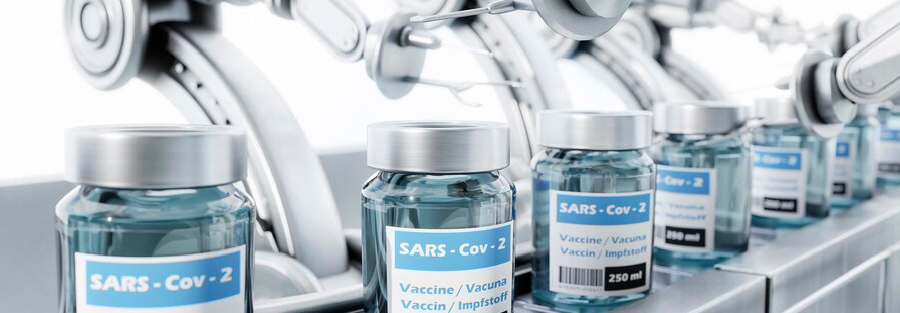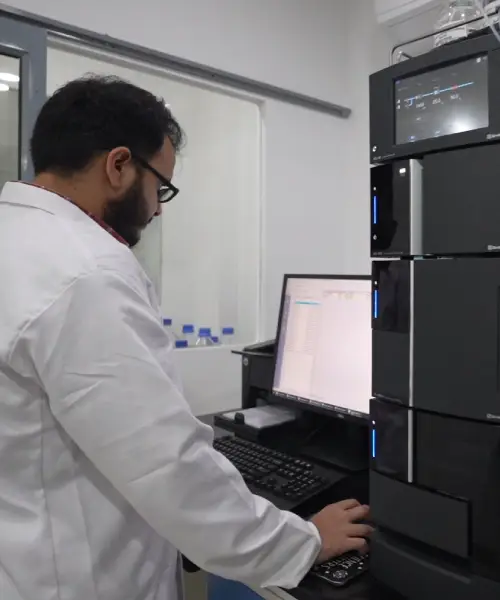
API Pharma
API drug manufacturing is the backbone of pharmaceutical production, ensuring the quality, safety, and efficacy of active pharmaceutical ingredients used in drug formulations. Regulatory bodies such as the FDA (Food and Drug Administration), EMA (European Medicines Agency), and ICH (International Council for Harmonisation) set strict guidelines that active pharmaceutical ingredient suppliers must follow to ensure compliance.
However, achieving consistent quality in small molecule API manufacturing presents challenges, including stringent regulatory requirements, supply chain complexities, and cost pressures. Implementing best practices in API drug manufacturing can help manufacturers maintain high standards while ensuring global market approvals.
Best Practices in API Manufacturing
To meet regulatory expectations, active pharmaceutical ingredient manufacturers follow globally accepted best practices that ensure batch consistency, impurity control, and compliance with GMP regulations.
1. Supplier Qualification & Raw Material Sourcing
The foundation of high-quality API drug manufacturing begins with sourcing raw materials from trusted active pharmaceutical ingredient suppliers. Poor-quality raw materials can introduce variability, leading to inconsistent drug formulations.
Best Practices:
- Conduct rigorous supplier audits to assess compliance with GMP standards.
- Implement stringent quality testing for all raw materials.
- Establish long-term partnerships with reliable suppliers to maintain supply chain stability.
2. Robust Process Validation
Process validation ensures that each production batch meets predefined specifications, reducing variability in small molecule API manufacturing.
Best Practices:
- Conduct risk assessments before scaling up production.
- Utilize analytical techniques like high-performance liquid chromatography (HPLC) for impurity profiling.
- Implement continuous monitoring to detect and correct deviations in real time.
3. Advanced Manufacturing Technologies
Modern API drug manufacturing incorporates technological advancements to improve efficiency and product consistency. Automation, continuous manufacturing, and real-time monitoring are key strategies.
Best Practices:
- Adopt continuous flow processing for better reaction control.
- Integrate AI-driven data analytics to optimize production.
- Utilize closed-loop automation systems to minimize human error.
4. Regulatory Compliance & Documentation
Strict regulatory compliance ensures product safety and facilitates global market approval. Active pharmaceutical ingredient manufacturers must maintain meticulous documentation to meet FDA, EMA, and ICH Q7 guidelines.
Best Practices:
- Follow ICH Q7 guidelines outlining GMP requirements for active pharmaceutical ingredients manufacturing.
- Conduct regular internal audits to ensure adherence to compliance.
- Maintain comprehensive batch records to enable full traceability.
By following these best practices, manufacturers can enhance efficiency and compliance in API drug manufacturing while maintaining high product quality.
Common Challenges in API Manufacturing
Despite stringent controls, API drug manufacturing faces several challenges that can impact production efficiency:
1. Regulatory Complexity
Global regulatory requirements vary by region, requiring active pharmaceutical ingredient manufacturers to stay updated with evolving compliance standards.
2. Supply Chain & Raw Material Sourcing Issues
Unstable supply chains can lead to production delays and quality inconsistencies, making it crucial to collaborate with trusted active pharmaceutical ingredient suppliers.
3. Cost Pressures & Scalability Challenges
Scaling up small molecule API manufacturing while controlling costs is a major challenge. Investing in advanced manufacturing technologies helps optimize production without compromising quality.
4. Maintaining Consistency & Purity in Production
Even minor variations in reaction conditions can impact purity levels. Process optimization and real-time monitoring are essential for ensuring consistency in API drug manufacturing.
The Role of CDMOs in Ensuring Quality
Contract Development and Manufacturing Organizations (CDMOs) provide essential support for pharmaceutical companies by offering expertise in process optimization, compliance, and scalability.
Benefits of Partnering with CDMOs:
- Expertise in Process Development: CDMOs specialize in optimizing synthesis routes for small molecule API manufacturing, improving efficiency.
- Regulatory Compliance Support: A reliable active pharmaceutical ingredients manufacturer ensures adherence to global regulatory standards.
- Cost-Effective Solutions: Outsourcing to CDMO services reduces infrastructure costs and accelerates drug production timelines.
Many pharmaceutical companies leverage CDMO services to enhance compliance and streamline API drug manufacturing.
Future Trends in API Manufacturing
The future of API drug manufacturing is driven by technological advancements and sustainability initiatives.
1. Adoption of Green Chemistry
Pharmaceutical companies are integrating green chemistry principles to reduce waste and improve the environmental footprint of active pharmaceutical ingredients manufacturing.
2. AI and Data Analytics in Small Molecule API Manufacturing
AI-driven process optimization is improving reaction efficiencies and quality control in small molecule API manufacturing. Predictive analytics help in the early detection of potential deviations, reducing waste and production failures.
3. Modular Manufacturing for Greater Flexibility
Flexible manufacturing facilities enable quicker adaptation to production demands, making API drug manufacturing more efficient for both large-scale and niche products.
As companies continue to embrace CDMO services and automation, the future of API drug manufacturing will be more agile and efficient.
Conclusion
Ensuring quality and compliance in API drug manufacturing is essential for producing safe and effective pharmaceuticals. By following best practices such as robust supplier qualification, process validation, and regulatory compliance, manufacturers can maintain high standards in active pharmaceutical ingredients production.
Pharmaceutical companies must collaborate with trusted active pharmaceutical ingredient suppliers and leverage CDMO services to optimize their API drug manufacturing processes. With continuous innovations in small molecule API manufacturing, the industry is poised for advancements in efficiency, sustainability, and compliance.






